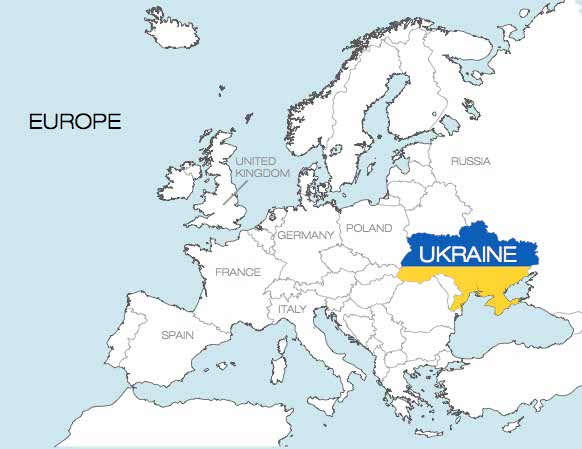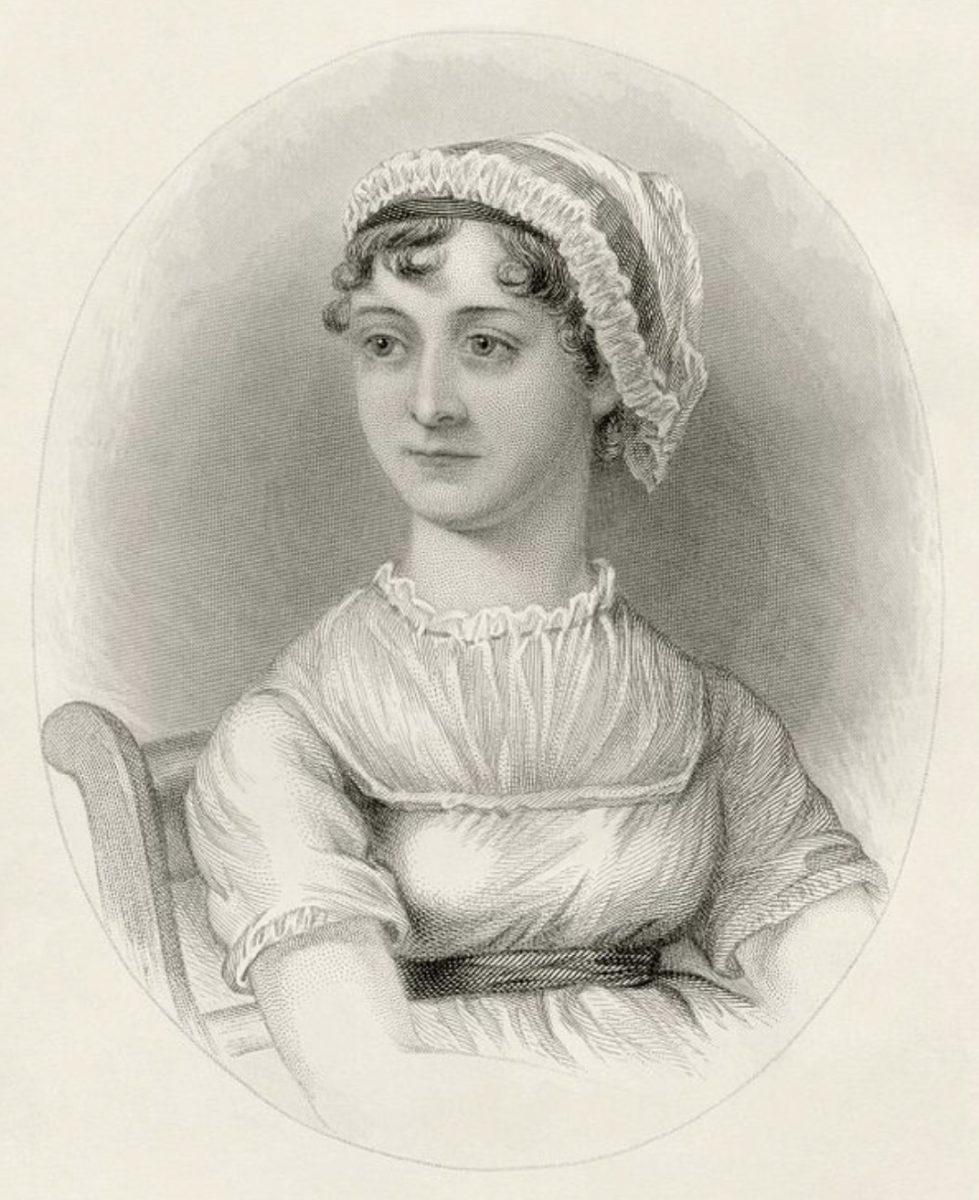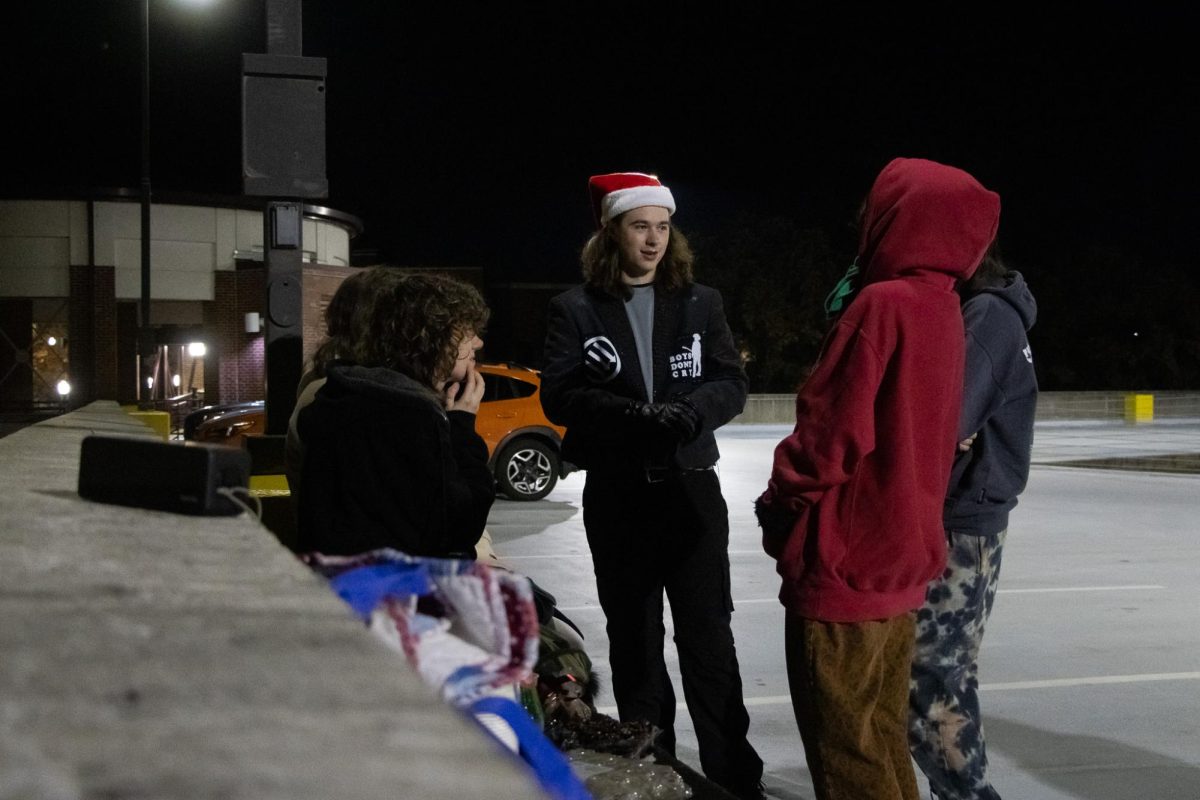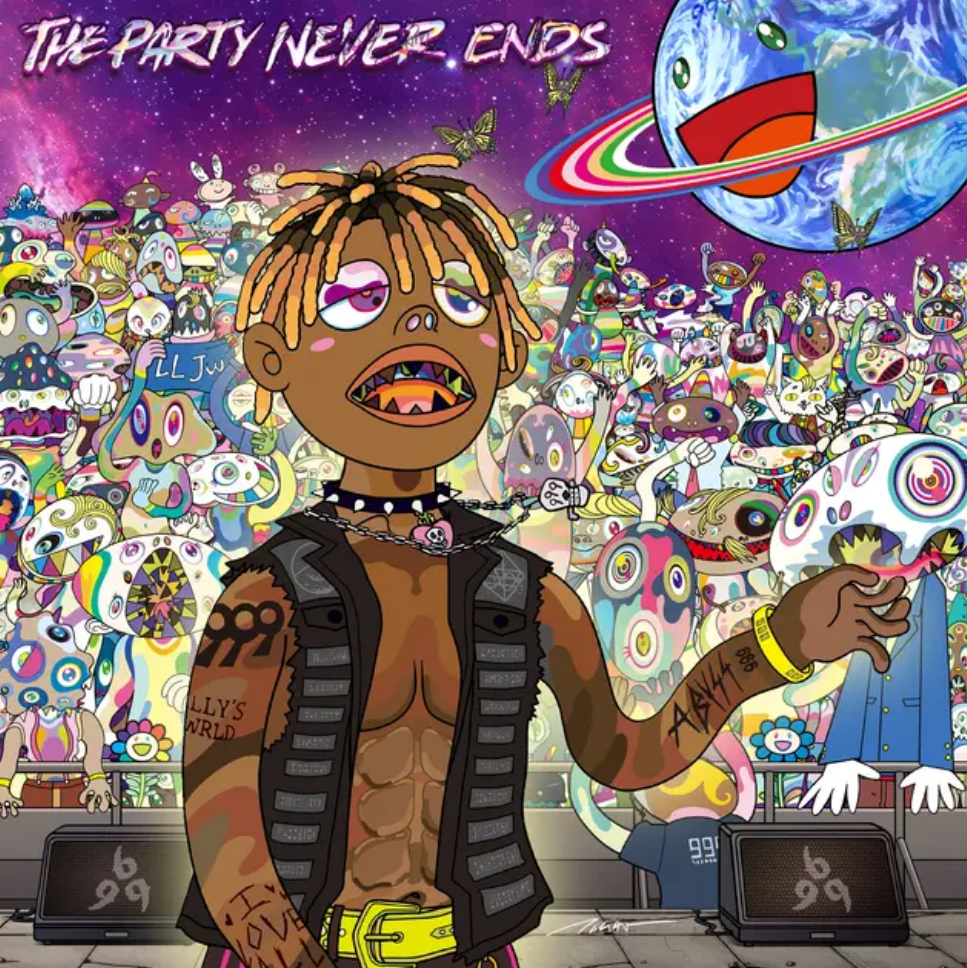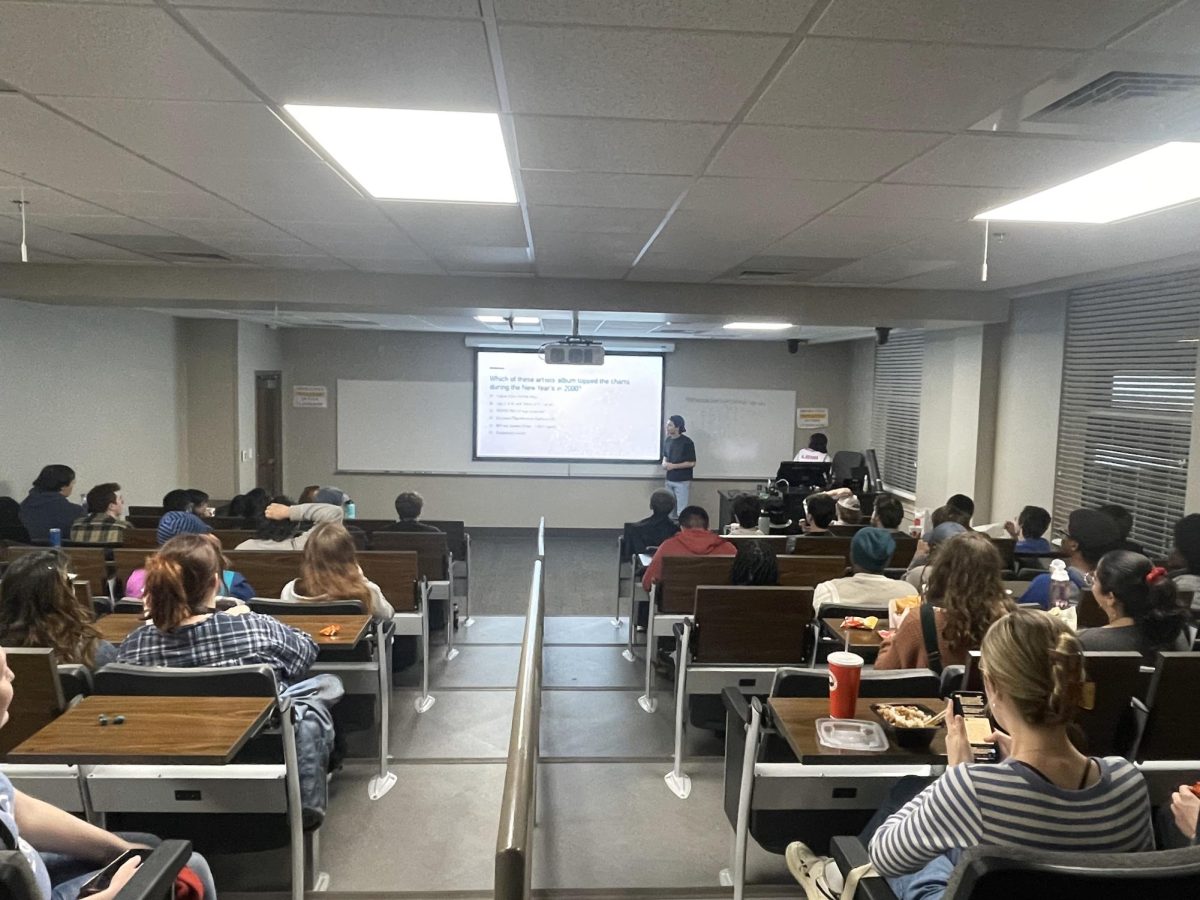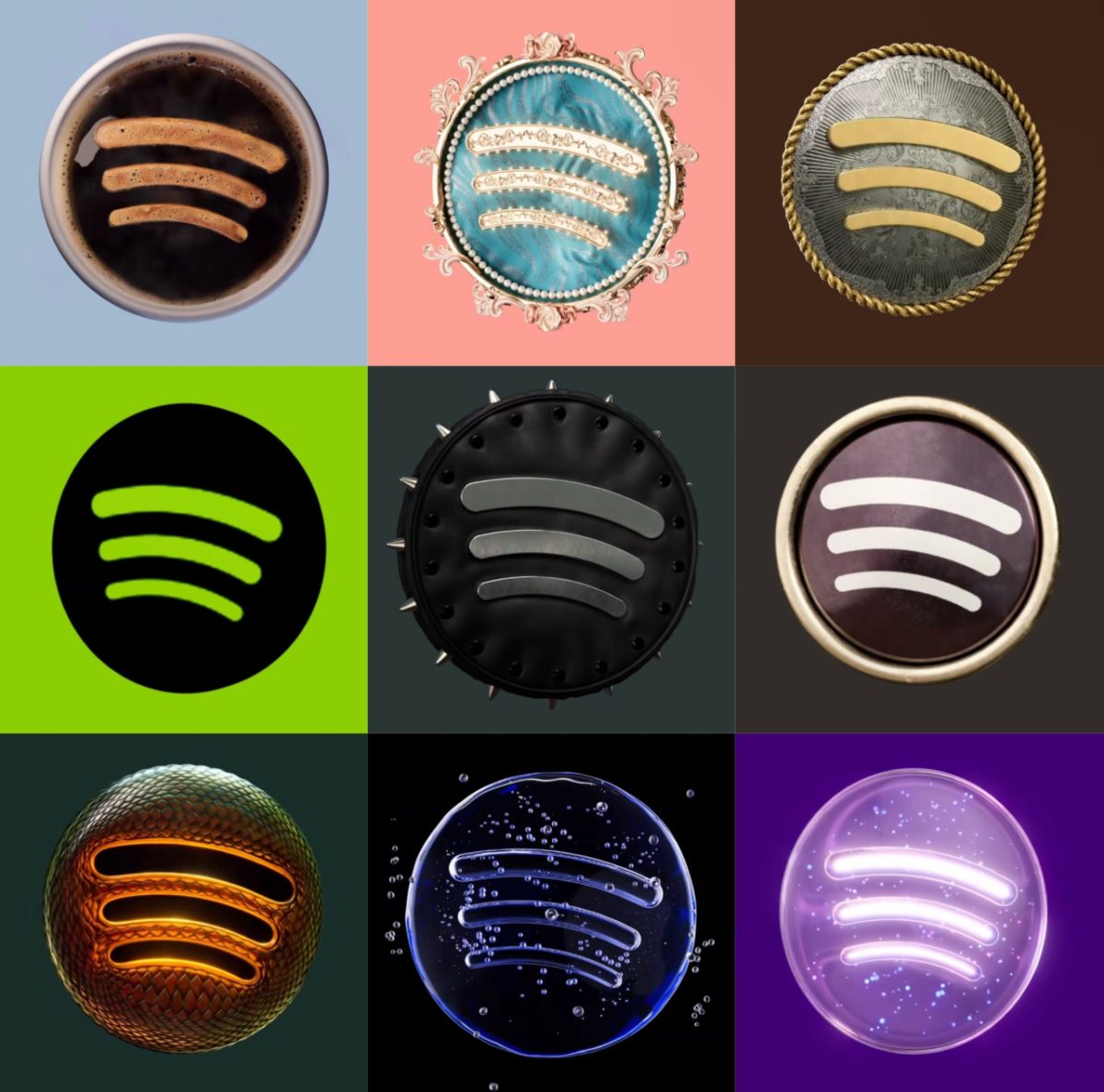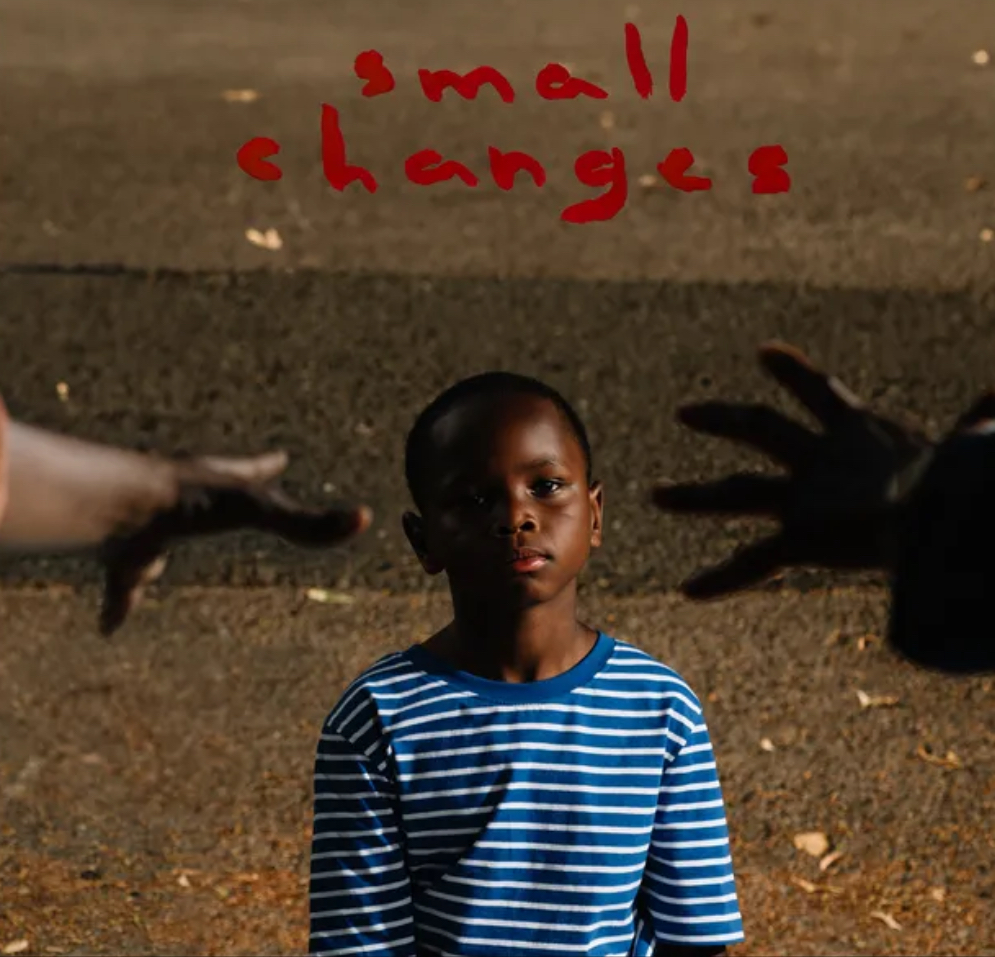After Russian forces entered Ukraine’s Crimean peninsula, rhetoric from U.S. and European officials have ignited deep divides between pro-Russian and pro-Ukrainian factions. Despite a distance of more than 5,533 miles, that discussion resonates at The University of Alabama.
Student organizations such as the Alabama International Relations Club are looking to initiate dialogue but have remained silent.
The AIRC, which meets weekly, has not made any moves to host an outreach event revolving around Ukraine, though the group’s president, Katherine Kelley, a senior majoring in international studies, said the group’s weekly meetings have discussed the topic at length.
“We just talk about it a lot in some of our meetings because our meetings really try to focus on current events,” Kelley said.
The group hosted a model United Nations conference for high school students a few weeks ago, and the club’s keynote speaker spoke of Ukraine. However, the group has no active plans to further any discussion outside their meetings.
“We don’t have the manpower right now,” Kelley said. “We’re going to a big conference next week, so all of our resources are being put into that. All of our officers are going to that. We would like to do something, but the timing was hard.”
(See also “Model UN team to compete at regional conference“)
If the group were to host an event pertaining to Ukraine, Kelley said it would have to show both sides, Russian and Ukrainian. Dissolving misinformation is one of the club’s hopes for the Ukrainian situation.
“We feel there are a lot of misconceptions about the problem,” Kelley said. “But we feel like the problem is very historically rooted, and you have people who are ethnic Ukrainians and ethnic Russians living in both sides of the country. Even so, we feel a majority of the country still would support Ukraine.”
The Russian and Eastern European Club will not be hosting any discussions or campaigns in support of Russia or Ukraine either. Ian McQuistion, a senior majoring in German, is vice president of the club and said the club’s inactivity is due to their inability to act in an unbiased manner.
“We feel that we would not be able to provide an unbiased and well-informed discussion on the current and historical circumstances relevant to the current situation in Eastern Europe and Russia,” McQuistion said.
(See also “Students should not lose passion for free speech“)
The club’s role on campus is not politically charged, but focuses on Russian and Eastern European culture exclusively.
“While the officers and members of the Russian and Eastern European Club are naturally very concerned about what is happening in Ukraine right now, the club is not politically focused and would rather not comment on the Ukrainian crisis,” McQuistion said. “Our main focus is to promote Russian and Eastern European culture at UA.”
Matthew Steele, a Czech-American senior majoring in international relations, will host a black ribbon event Wednesday in support of Ukraine. Steele said he formed his group out of what he saw as an almost empty forum. Some students from the AIRC will be passing out ribbons, and Kelley said the club is participating, but most of Steele’s colleagues are from international studies or are majoring in Russian.
“I feel that clubs in general on this campus do not put a great deal of effort in promoting events that are crucial to the development of a personal understanding that leads to an informed citizens’ perspective of American foreign policy, and international issues in general,” Steele said.
(See also “UA International Relations Club hosts ALMUN conference“)



